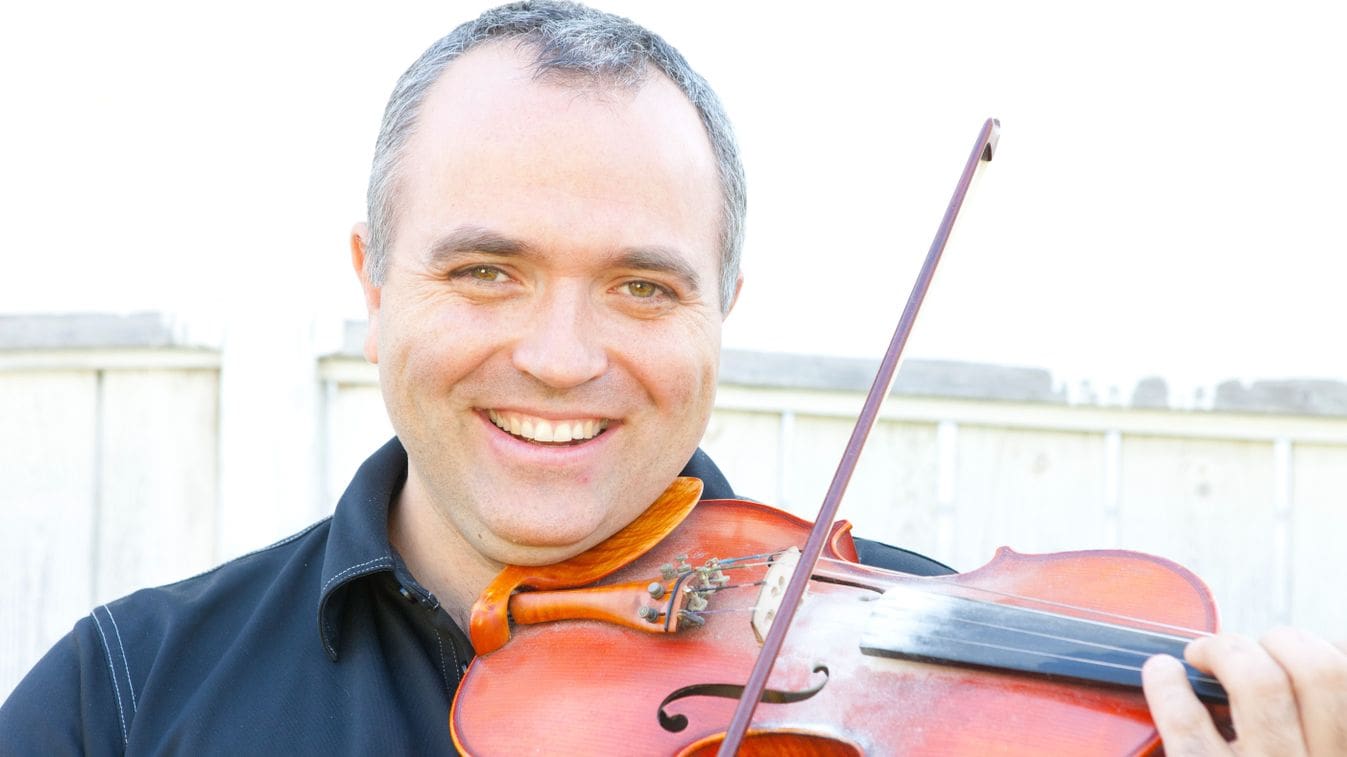
‘People in Hungary should learn from those in the diaspora to cultivate their culture with a pure heart and love’, argues Kálmán Magyar Jr in an interview originally published on Magyar Nemzet.
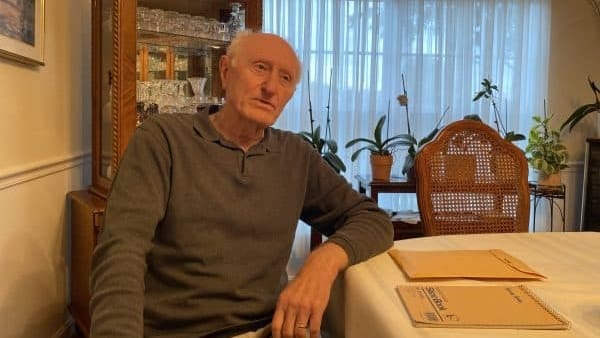
‘My whole life has always been guided by a sense of duty to my family. Now we might as well go home, but we wouldn’t be any happier there…Here we are part of our family and can help if needed. We live in a Hungarian community; we are happy here. If only we didn’t miss Hungary so much…’

Hungarian dog breeds are among the most special dog breeds in the world with their outstanding intelligence, strength, rich spirituality and work ethic. Large, international events offer a great opportunity to shed light and distinguished attention on them. Their growing popularity on the American continent can greatly contribute to the increase in their numbers and recognition throughout the world.
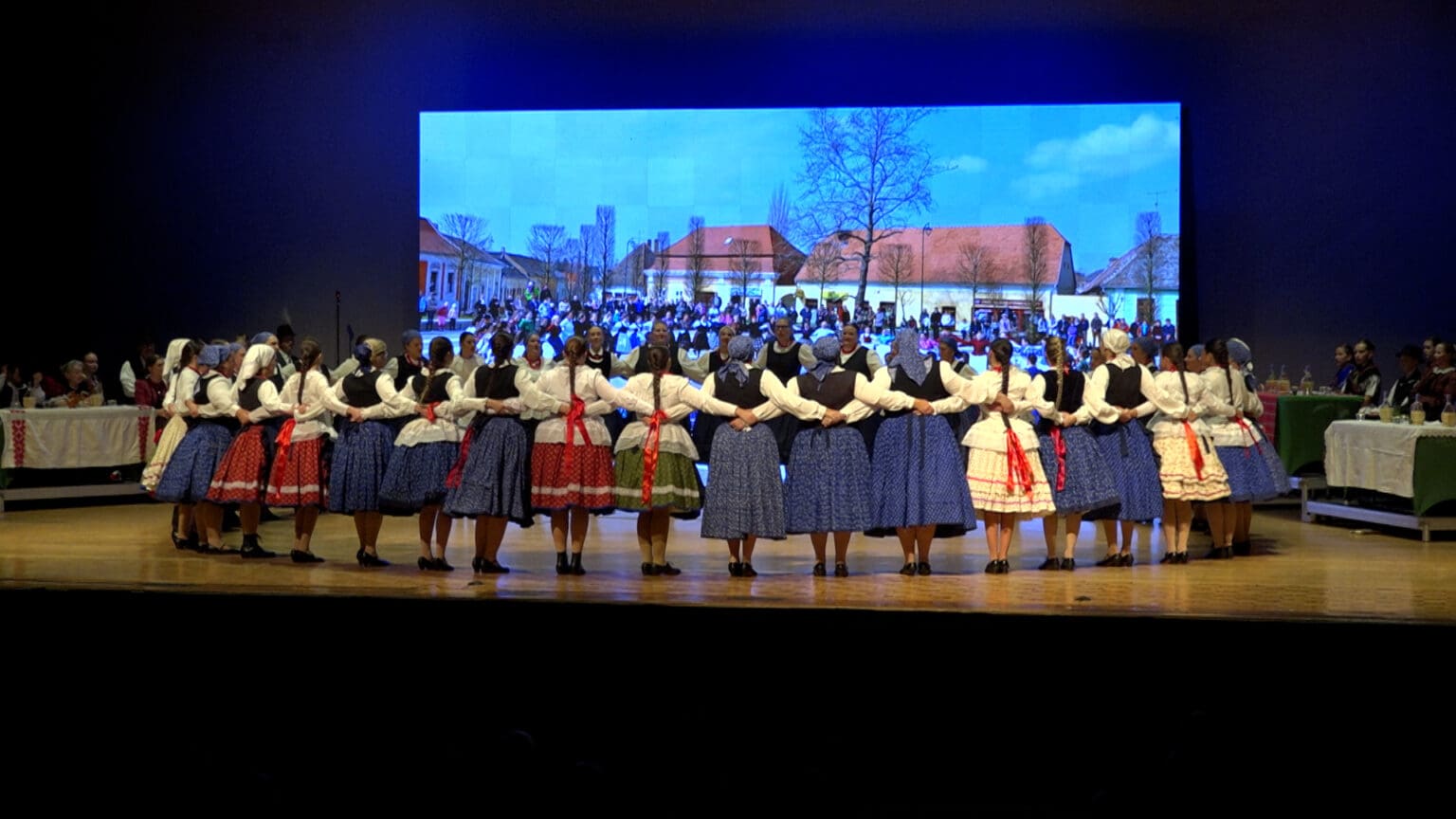
The Cleveland Regös Group, founded in 1973 by Magdi Keresztes Temesváry and her husband András, has had more than 400 members in 50 years. It is made up of local scout leaders above 14 years of age who lead their 6–14 year old scouts every Friday, while on Tuesdays learn and practice Hungarian folk dances and folk traditions including an Easter fertility ritual, setting up a maypole in May, and singing carols at Christmas. They also carry out regular ethnographic research and collections, organize camps every summer and once in every five years complete a three-week long trip to Hungary and the Carpathian Basin.
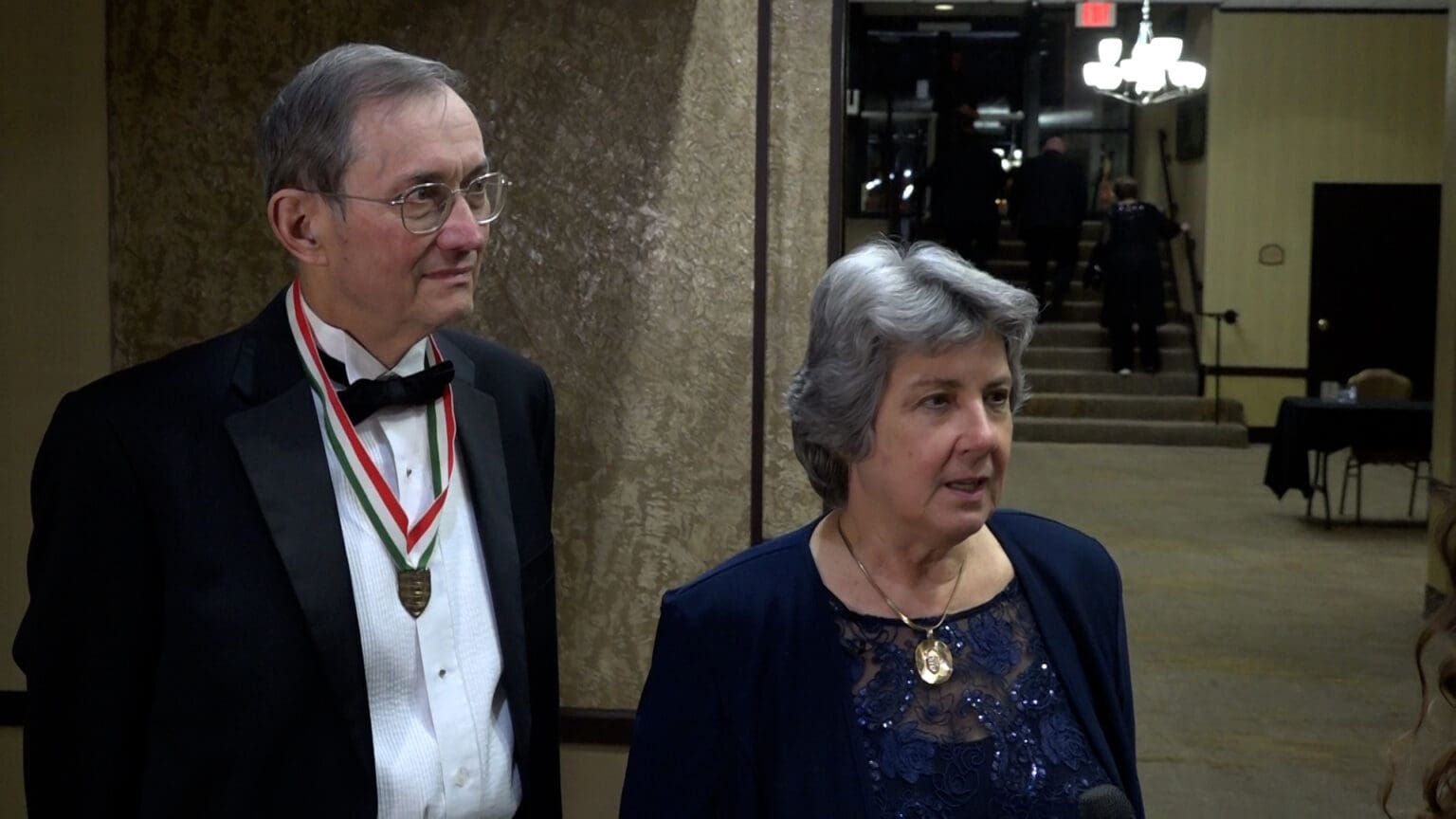
An interview about rich family legacies, a sense of duty to serve the Hungarian diaspora in North America, and support for the institutions of the Reformed Church in Transylvania.
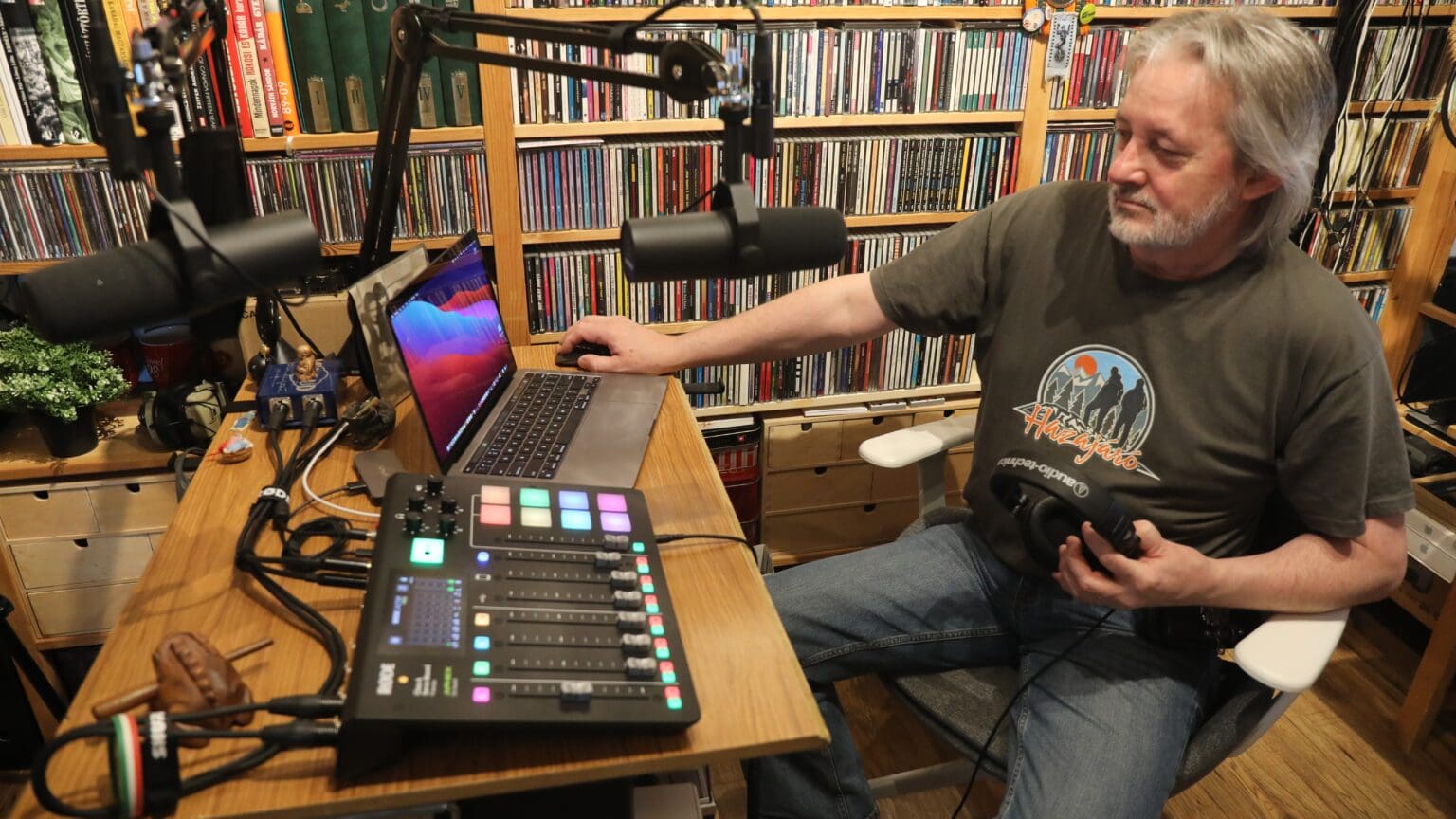
Editor-in-chief of the Toronto Independent Hungarian Radio, co-founder of the Paraméter Club and owner of the Toronto Pannonia bookstore Zsolt Bede-Fazekas spoke with Hungarian Conservative about the challenges of reviving the cultural life of the Hungarian community in Canada, and the efforts he makes to turn the tide and build bridges between diaspora Hungarians and the motherland.
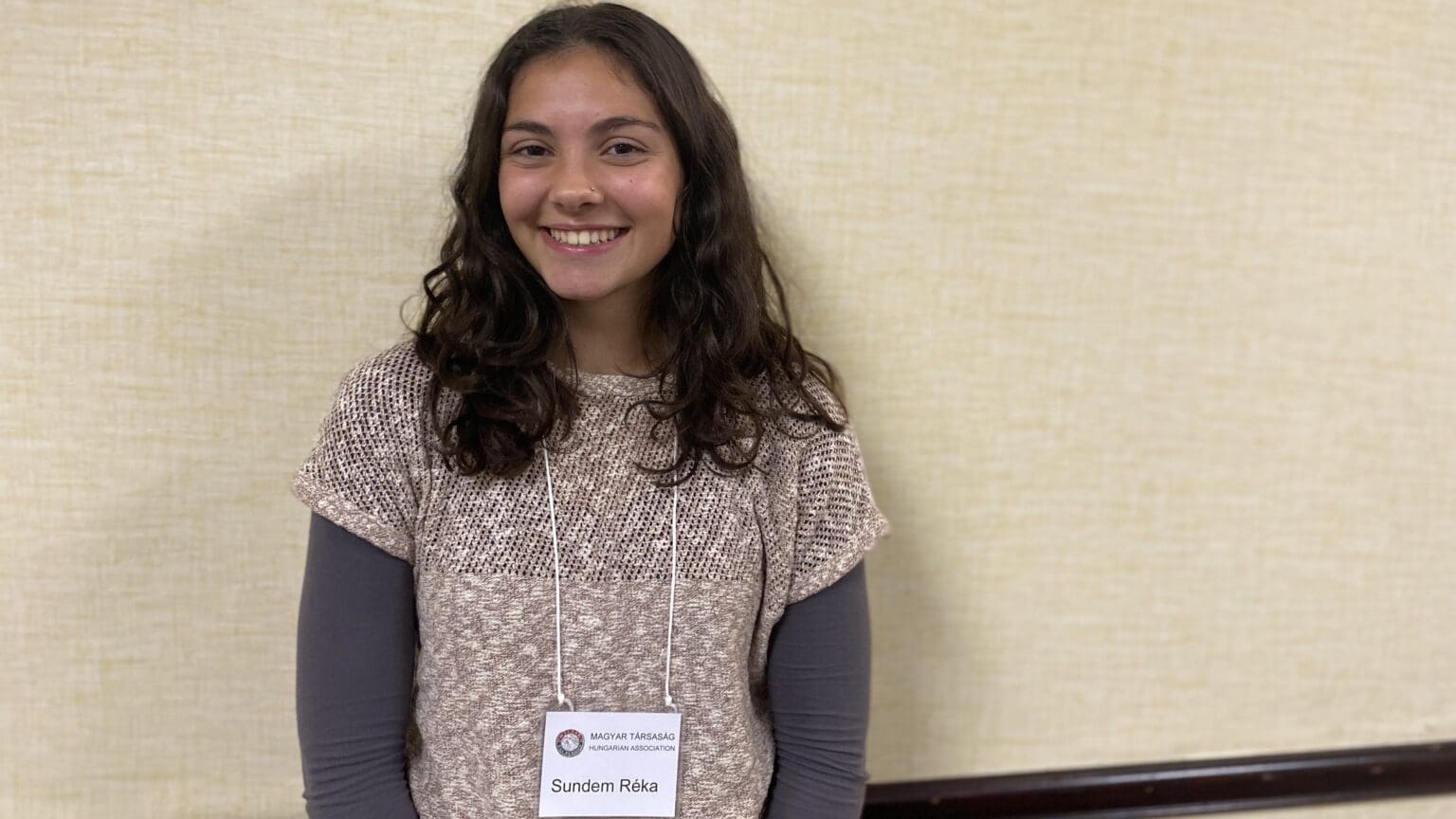
Réka Sundem is a young Hungarian American proud of her mixed heritage. Brought up in a household where Hungarian was spoken on a daily basis, she decided to apply for a Balassi Scholarship and spent a whole year in Hungary, learning about Hungarian culture and improving her language skills.
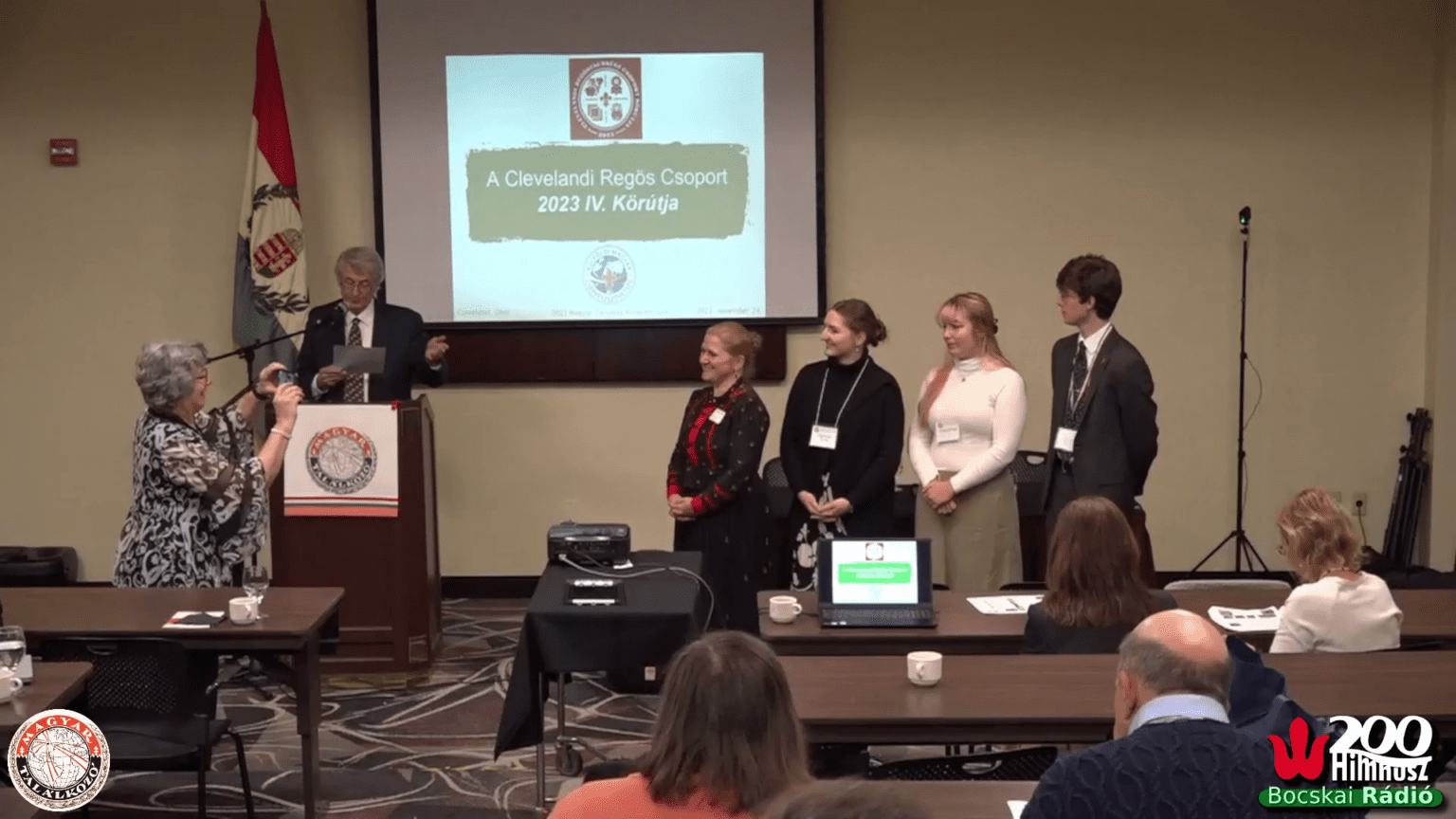
The 62nd annual congress for the Hungarian Association took place on 24–25 November in Middleburg Heights, Ohio near the city of Cleveland in the United States. A whole slew of distinguished speakers, from the world of psychology, charity, clergy, and even NASA, spoke at the illustrious event meant to raise awareness of and celebrate the great work of Hungarian artists and scientists living in the diaspora.
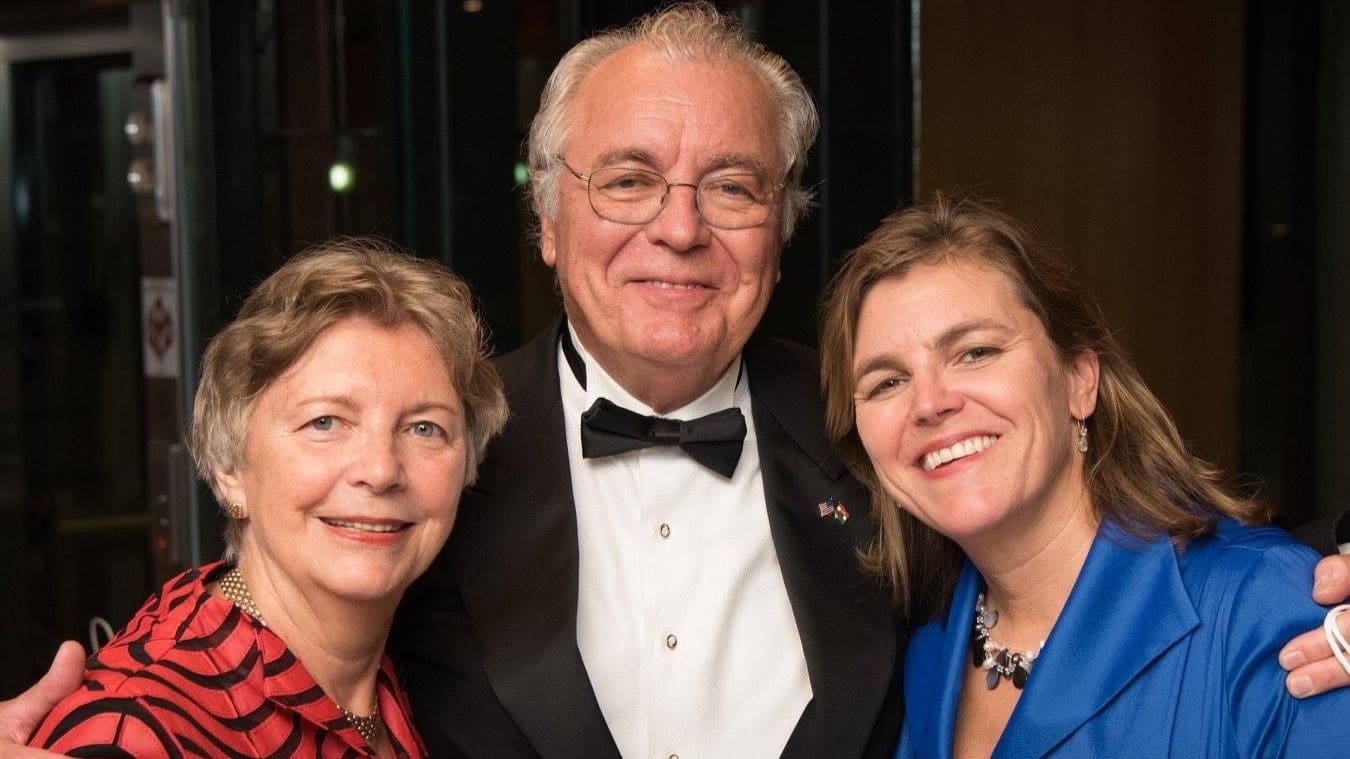
Building community and connection, keeping the memory of 1956 alive, engaging the next generation of Hungarian Americans, advocating for the interests of the Hungarian ethnic communities in Europe and building bridges between Washington and Budapest: this is the mission that Andrea Rice Lauer and HACUSA tirelessly pursue.
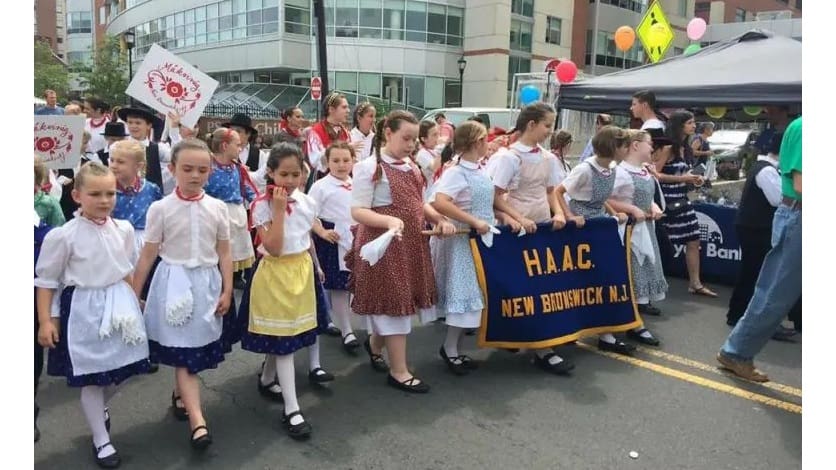
‘As we look back on this long and eventful journey, we commemorate those who were here before us, who led the way for our community, who dedicated their time, energy, and love to keep this Hungarian club alive for future generations. These individuals have left a lasting mark. Today, we pay tribute to them and to all unknown heroes, who made it possible for us to gather here and continue the work they started’, former club president Mózes Kovács said in his keynote speech at the anniversary celebrations.
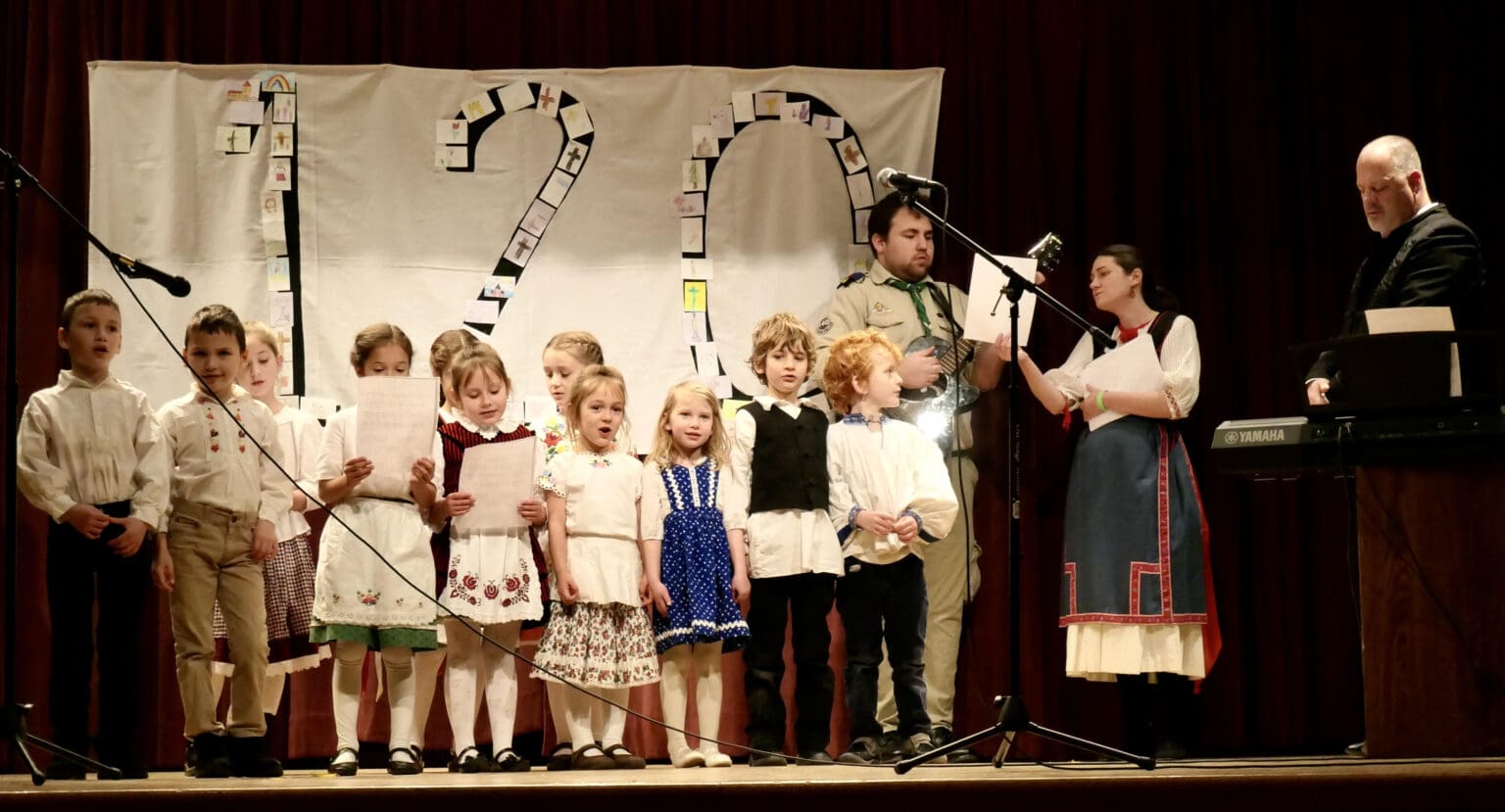
St Stephen RC Magyar Church in Passaic, New Jersey was founded 120 years ago, and its mission has remained unchanged ever since: to help the Hungarian American community preserve its faith, culture and identity.
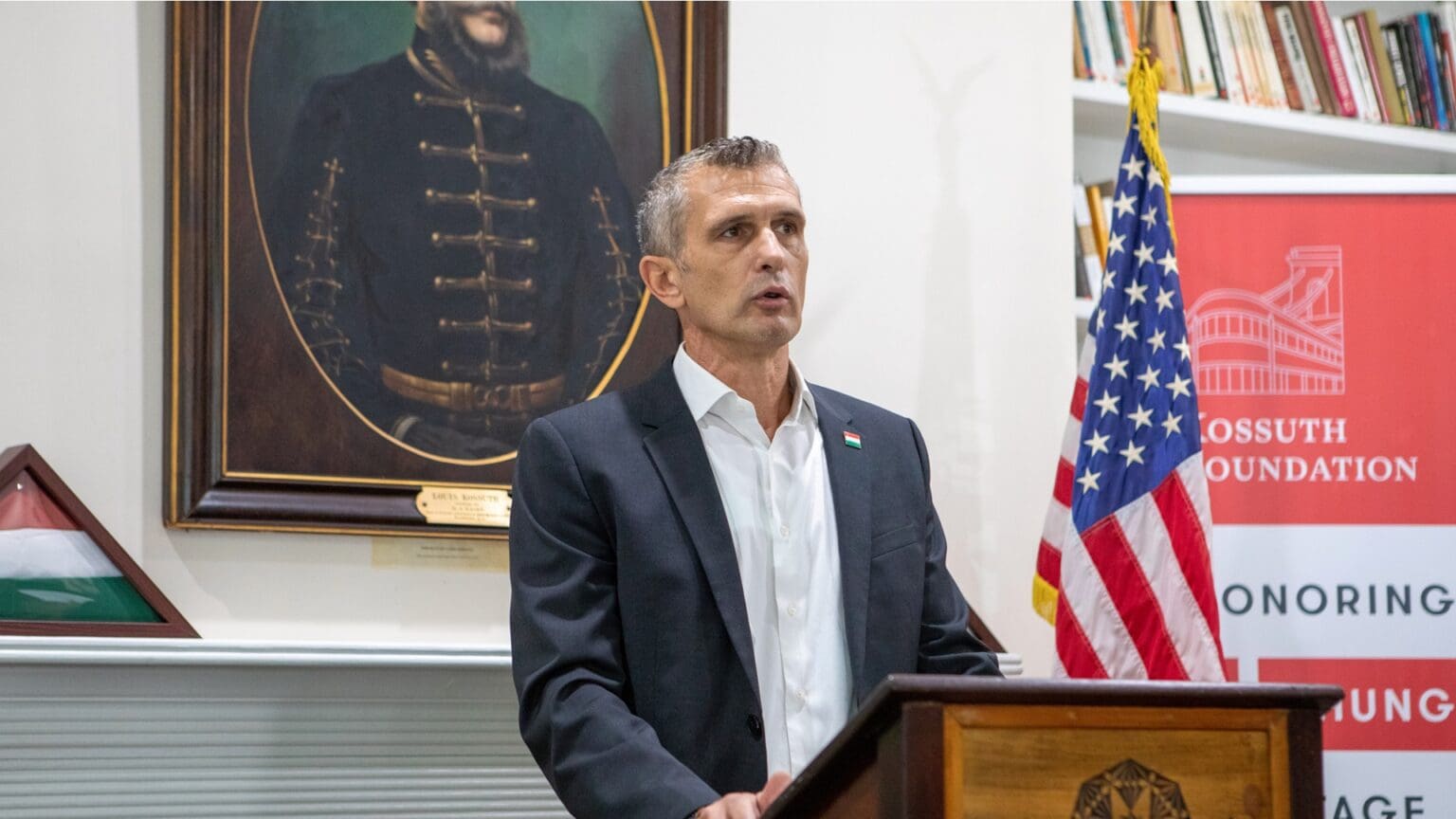
‘We are very lucky to have a building, a home, which belongs to every Hungarian person and organization. I started to encourage the small communities to participate in our events or use the building for theirs. We aim to become a community centre, a hub for all Hungarians and friends of Hungary.’
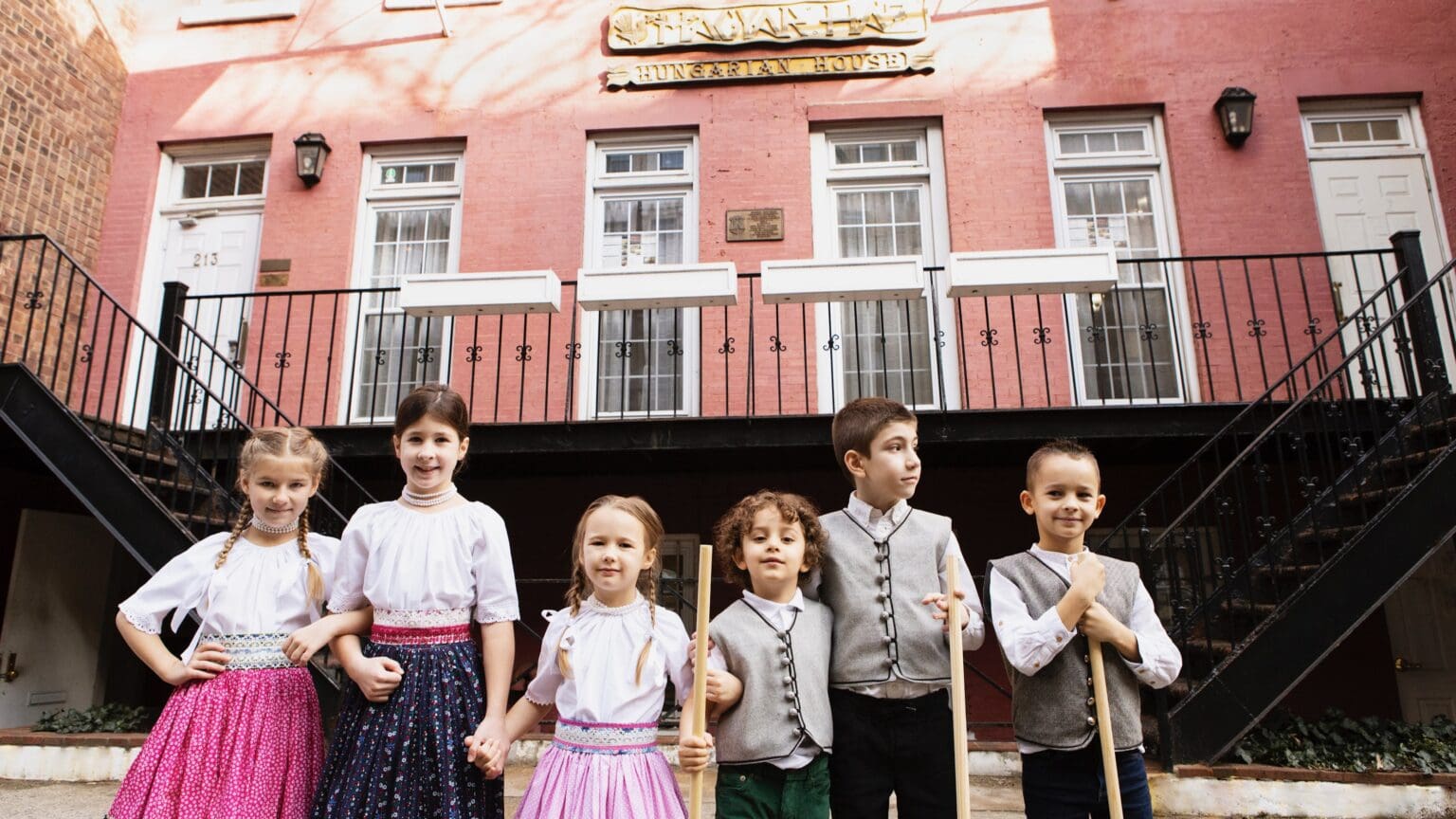
The school places the emphasis on teaching children to be able to speak, read and, to some extent, write in Hungarian, as well as introducing them to Hungarian culture, history, and geography. Many of the students visit Hungary regularly.
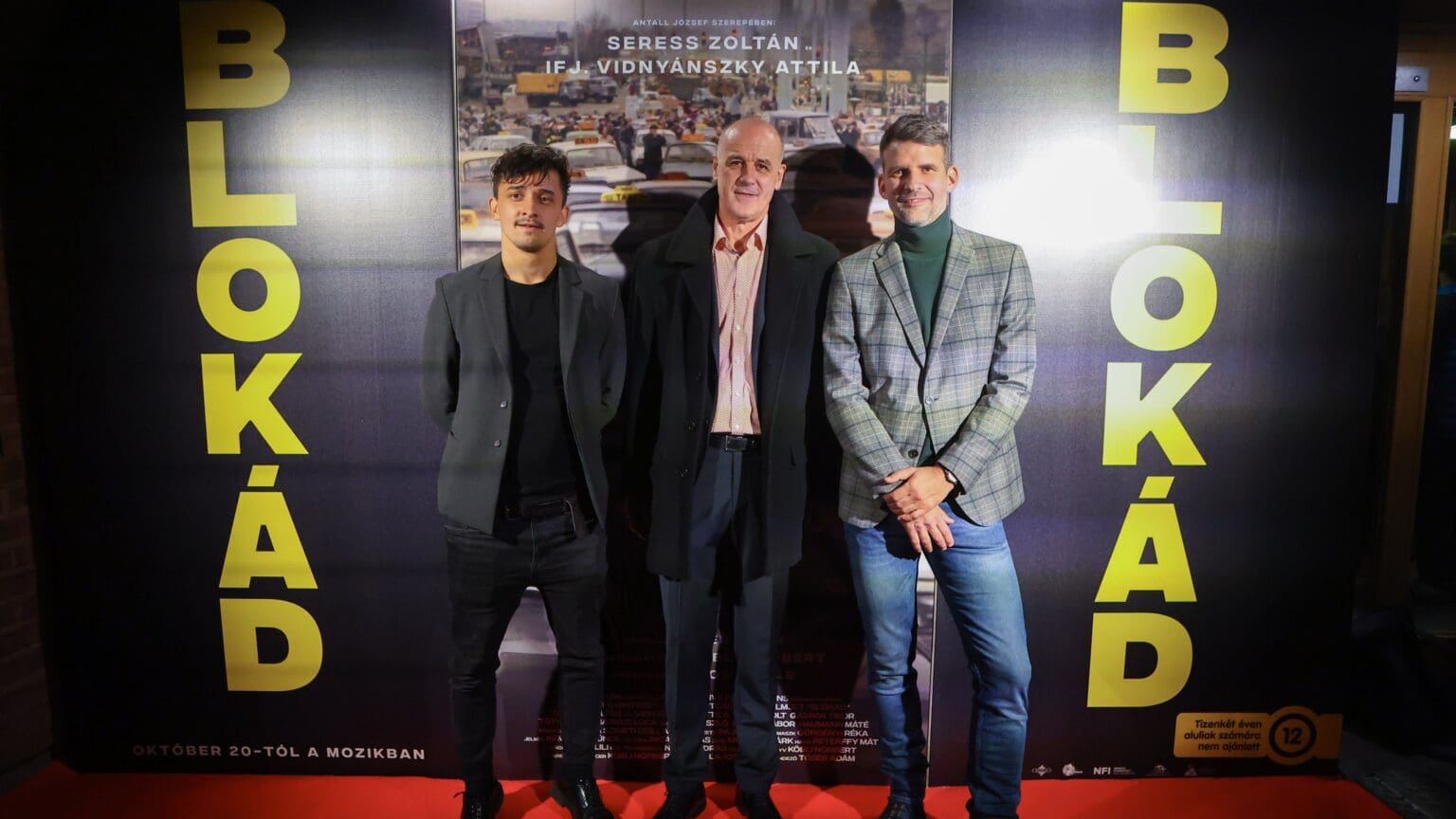
The screening experience was boosted by a short video message from Zoltán Seress, the actor who plays prime minister József Antall, the main character. He sent his warm greetings to the overseas audience and explained how much prime minister József Antall’s character affected him, both in his acting capacity as well as in his civilian life.
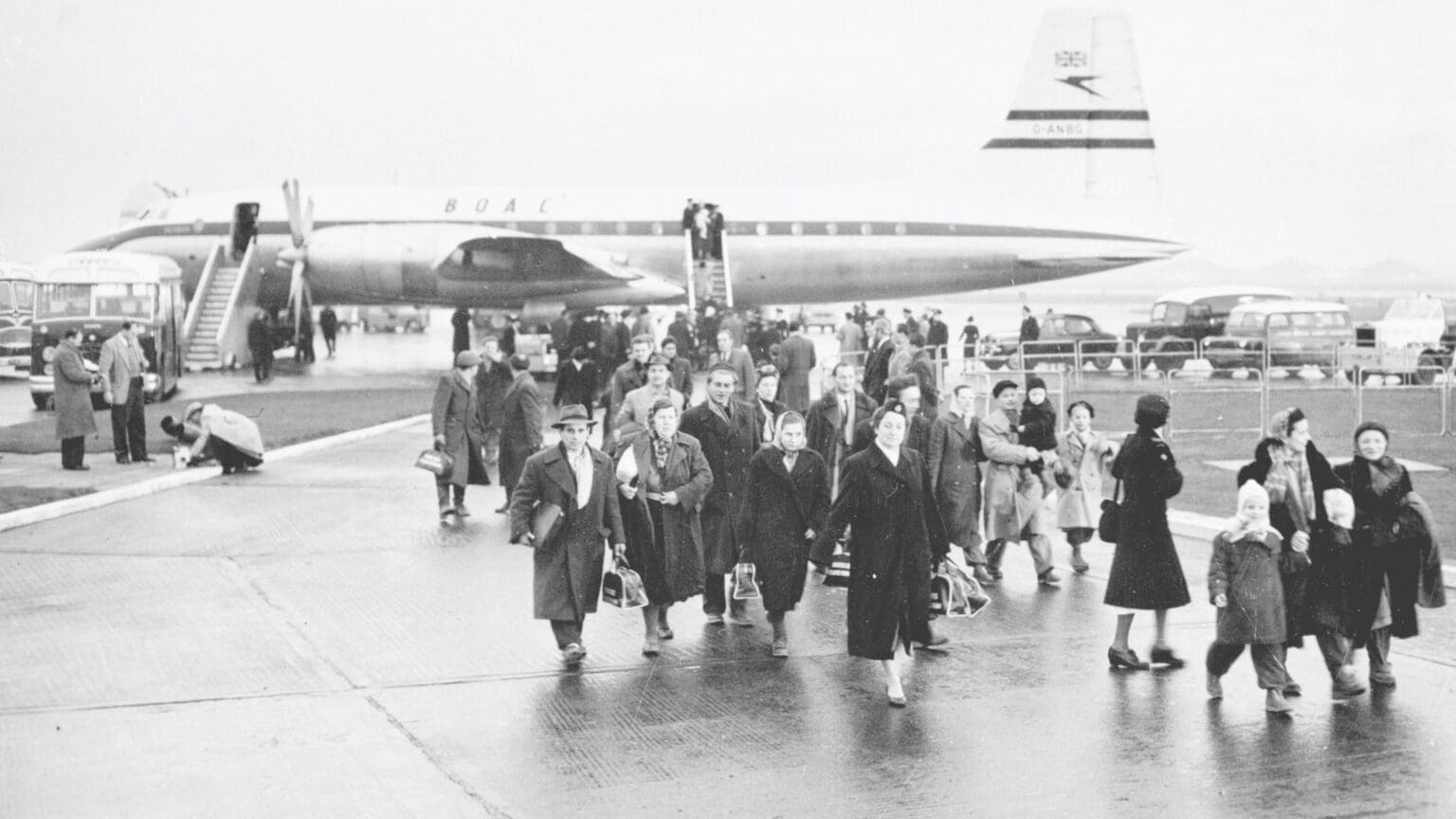
The 1956ers were mostly young and eager to prove their worth…A child immigrant, George Szirtes is now a well-known British poet, winner of the T. S. Eliot Prize. A young medical student who was offered a place in Oxford’s famous Merton College after his arrival, later became one of the world’s leading molecular cardiologists. György Radda went on to head the British Medical Research Council, and on his retirement in 2000 the Queen made him a Knight of the British Empire.
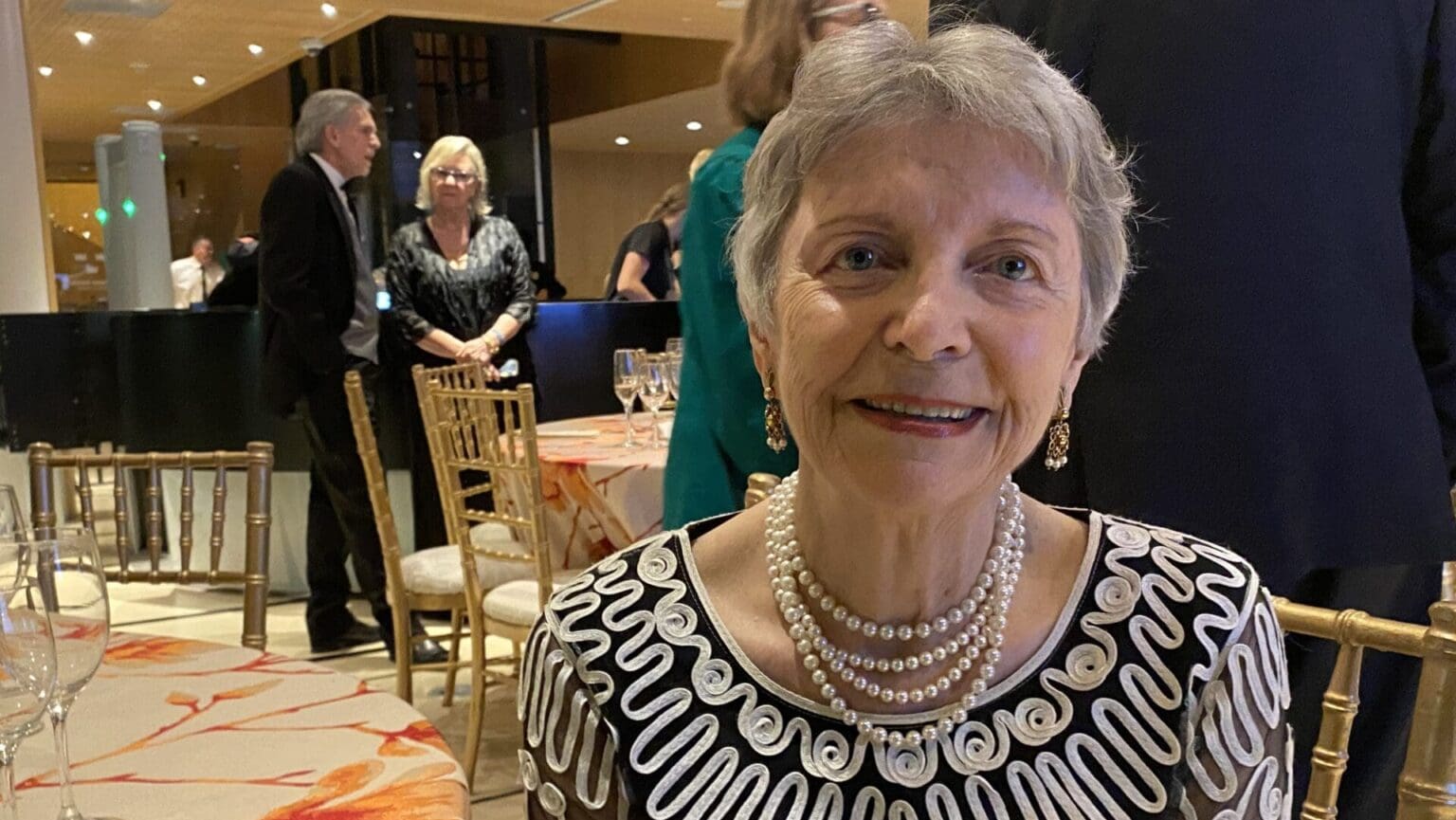
‘While establishing the Coalition in the early 1990s, I often tried to look at issues through the “other lens”. If something works in the US, why not try it in Hungary? And if it works in Hungary, why not try it in the US?’
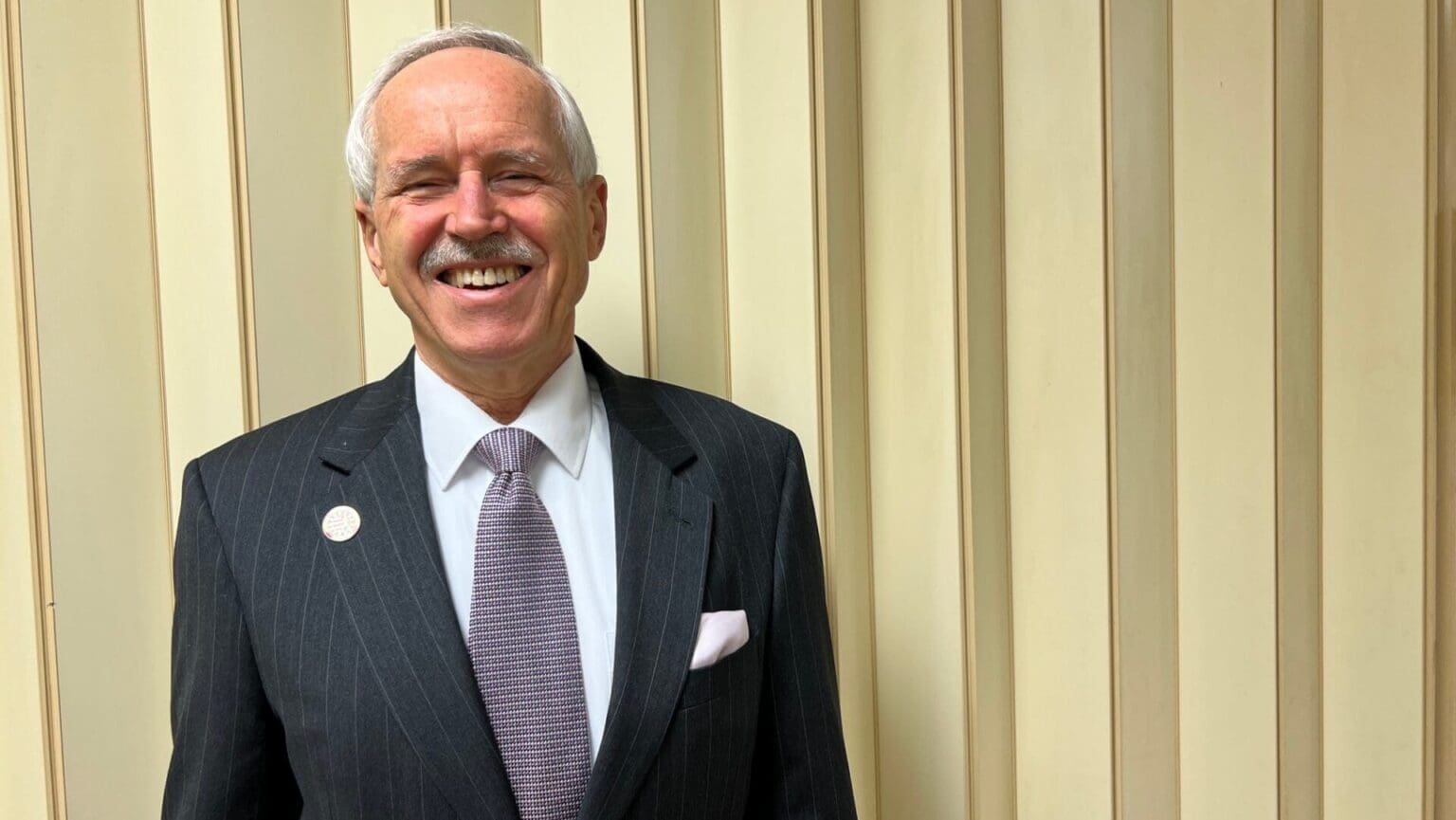
The American Hungarian Federation has been working tirelessly to preserve Hungarian culture and education in the United States, and has been a powerful advocate for the collective rights of Hungarians living in minority status in the Carpathian Basin. AHF also considers it its mission to dispel misleading narratives about Hungary and Trianon, AHF President Ákos Nagy told Hungarian Conservative.

National Film Institute Director Csaba Káel emphasized in his remarks before the screening that in recent years, Hungary has hosted landmark productions that have established Budapest as the second biggest film hub in Europe after London. The list of international blockbusters and critically acclaimed films shot in Hungary continues to grow and Hungary has shown itself as a versatile, captivating background for cinematic storytelling.
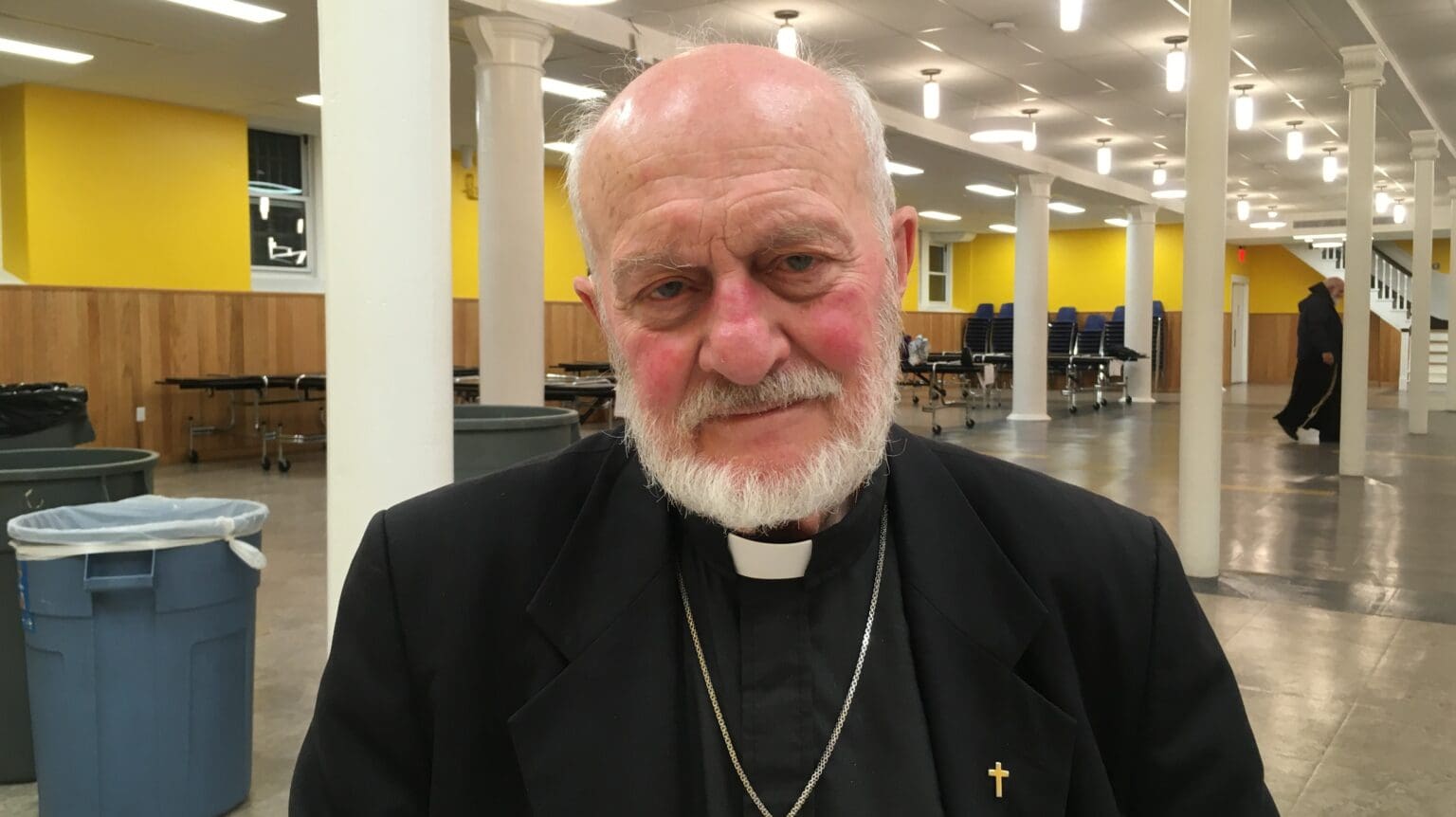
‘I thought, there is communism at home, half of the world is godless, they don’t know God or don’t consider Him important, and nobody wants to be a priest anymore… Thus, out of some kind of Hungarian defiance, I decided that I would become a priest.’
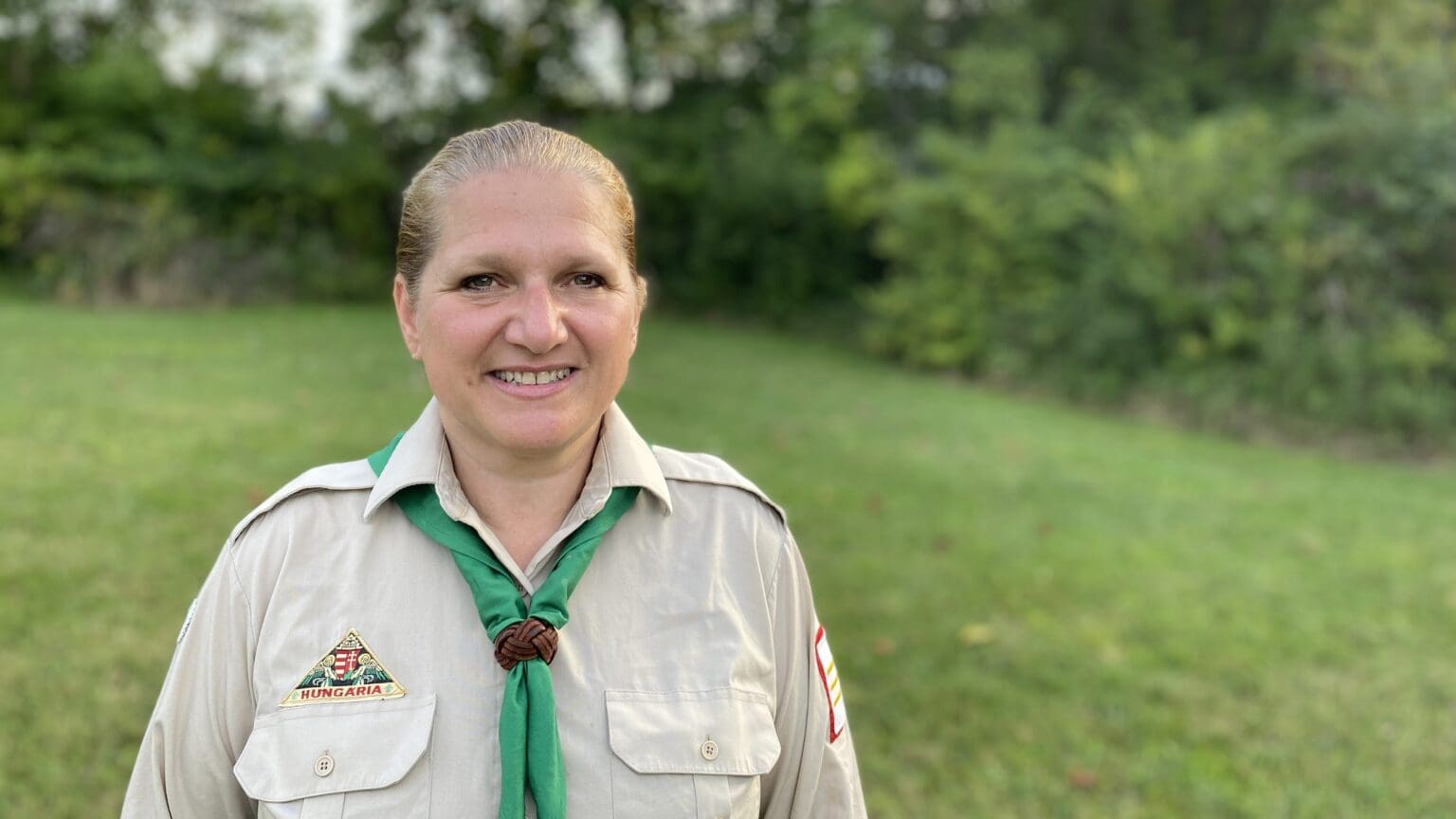
‘I strongly believe that we have to shake people up to make them feel Hungarian…That is why the stakes are as high in Hungary as they are here in America.’
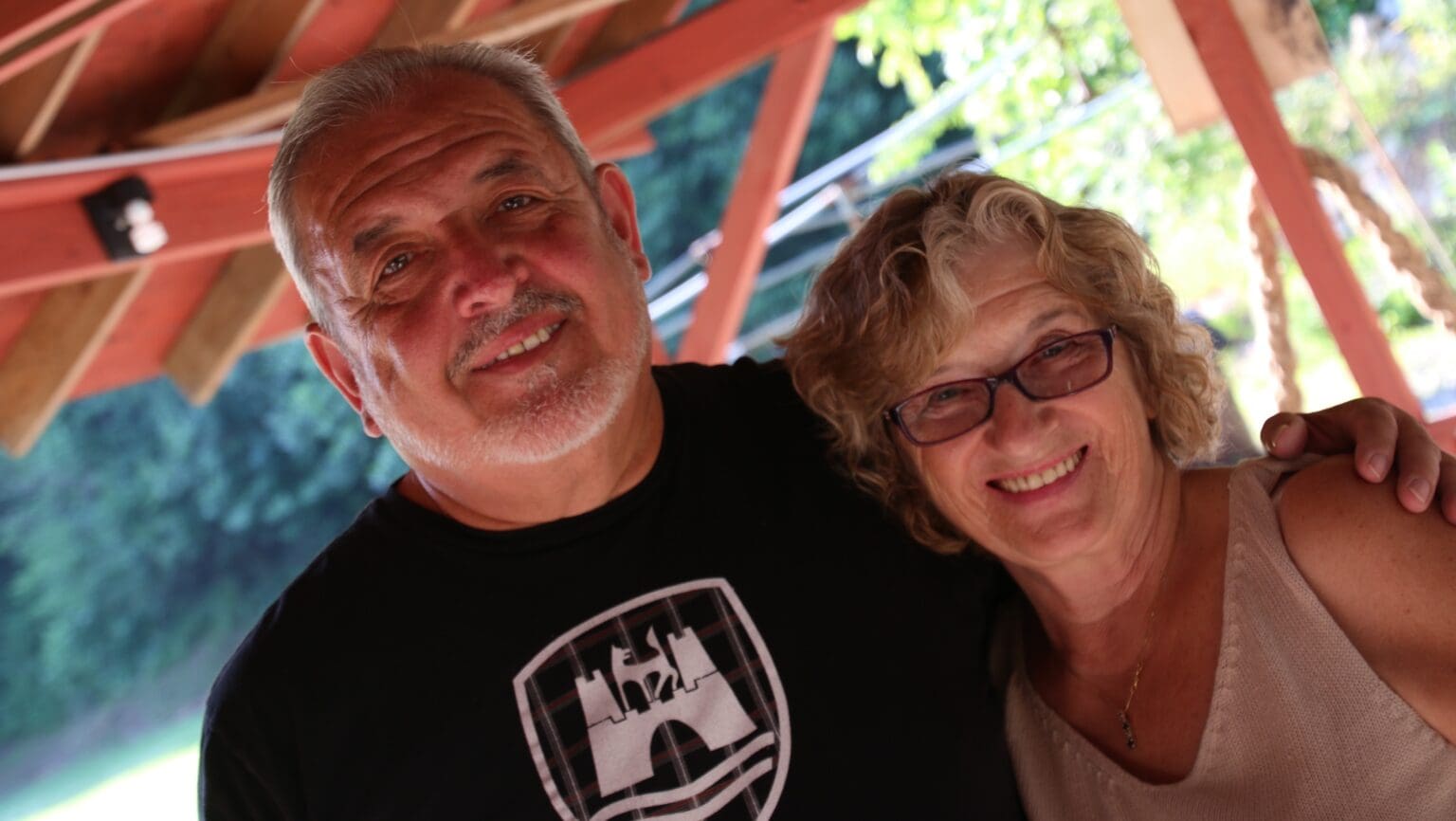
‘Today we still need a place to come together, to cherish our nationality, traditions, and customs. We need a place that is truly ours, that is a substitute for the Old Country, and that welcomes all our fellow citizens who approach us with goodwill. Today we still believe in the principles on which this organization was built, and to which we must continue to adhere if we are to survive.’
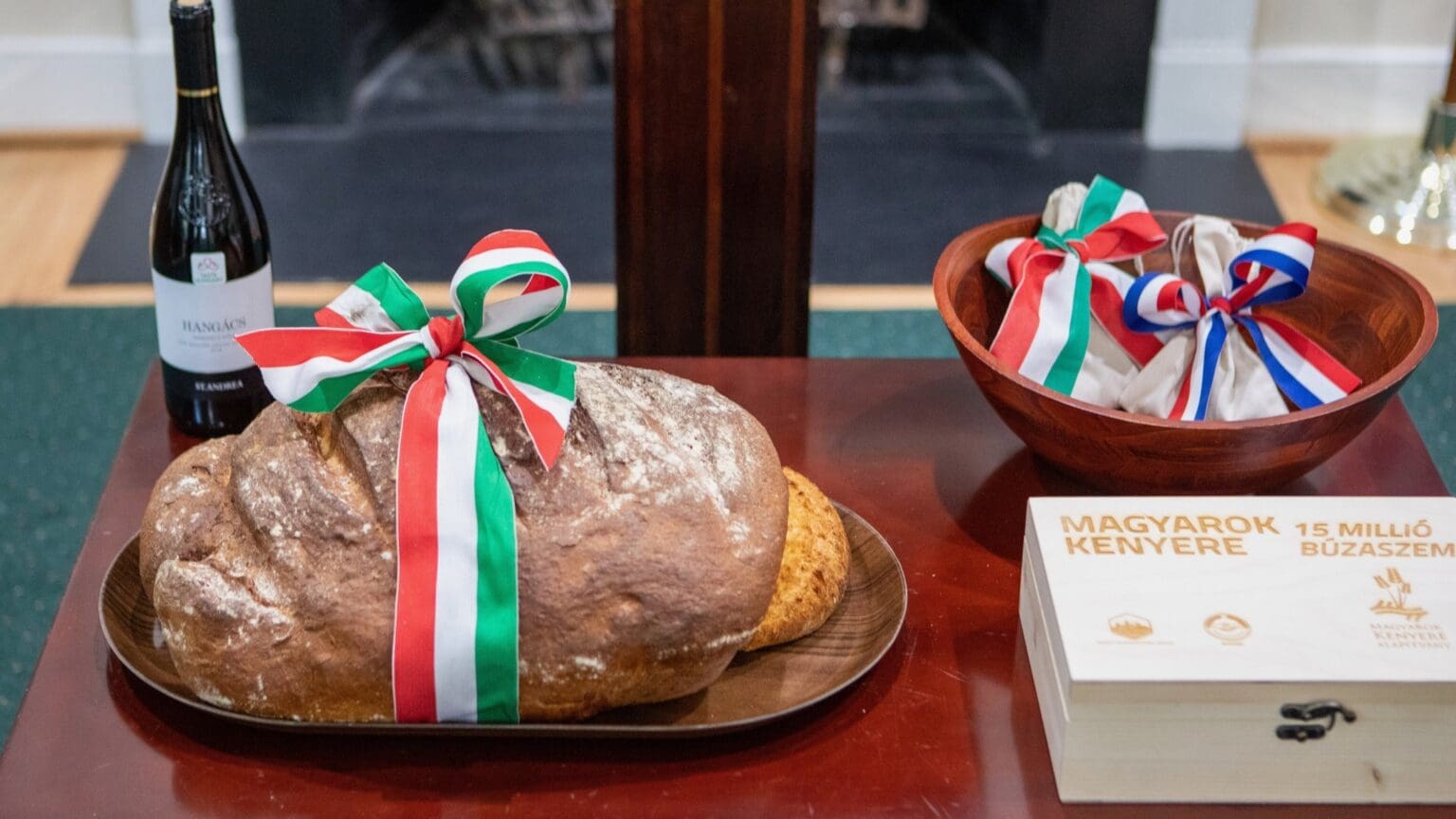
The Kossuth Foundation, the organiser of the 20 August event, joined the ‘Bread of Hungarians’ programme this year, through which wheat from various parts of the Carpathian Basin made their way to the American capital, symbolising the unity of Hungarians wherever they live.

Hungarian Conservative is a quarterly magazine on contemporary political, philosophical and cultural issues from a conservative perspective.